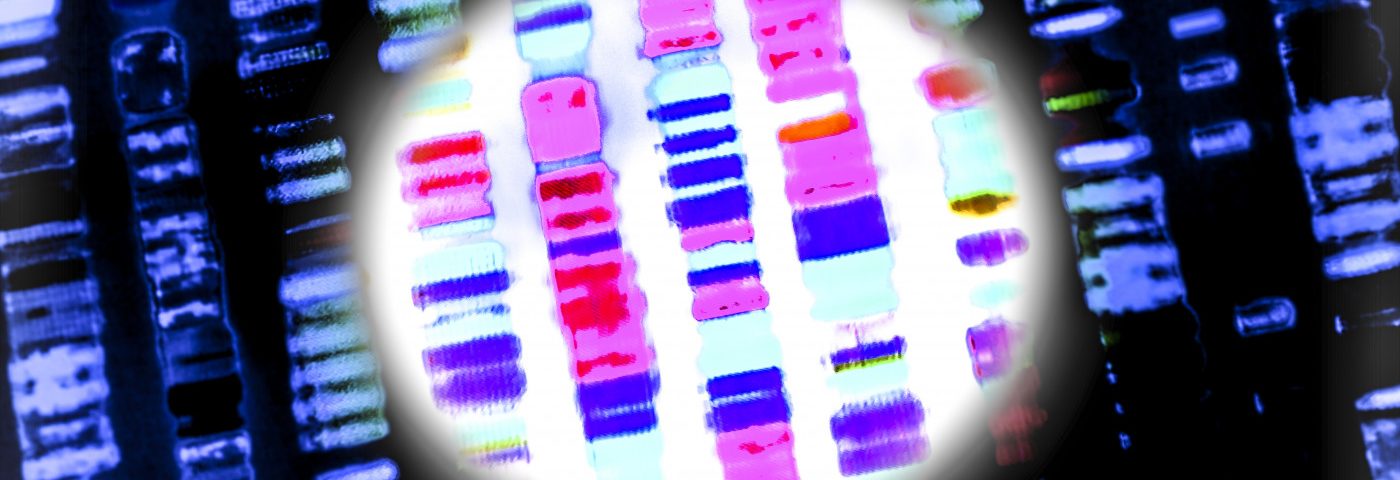New insights gained from DNA sequencing techniques about genetic changes associated with the development of juvenile idiopathic arthritis (JIA) provide new clues into the mechanisms underlying this disease and may provide valuable information for the development of novel therapies, a new study suggests.
The study, titled “Genetic insights into juvenile idiopathic arthritis derived from deep whole genome sequencing,” was published in the journal Scientific Reports.
DNA sequencing techniques, such as deep whole genome sequencing (WGS), are a powerful tool to look into the DNA of patients living with a given disease and understand what genetic changes may contribute to that condition.
“While previous candidate gene approaches and genome-wide association studies have revealed useful information about genetic risk in JIA, a finer mapping is needed to decipher genetic landscapes of children with this disease to gain insights into pathogenesis,” researchers wrote.
Using DNA samples from two independent groups of JIA children (48 patients), researchers conducted WGS to investigate the disease at a more molecular level, and identify single-nucleotide polymorphisms (SNPs, changes in the sequence of genes that may affect their activity) and “hotspots” (DNA regions that are likely to be altered).
Results were then compared to publicly available WGS data from healthy individuals.
The team discovered a total of 1.49 million novel genetic variants, of which 10,800,221 were SNPs. They found that a subset of the genes adjacent to SNP “hotspots” were related to the body’s immune response and the regulation of the immune T-cells, “supporting the existing view that JIA pathogenesis involves aberrant adaptive immune responses.”
They also identified 15,994 novel JIA SNPs within 18 SNP hotspots (2,373 of which were found in at least 33 percent of the patients). These genes were related to energy production and the regulation of several metabolic pathways were seen to be altered, which further indicates that the immune response is compromised in JIA.
“This study greatly expands the number of genetic variants that may contribute to JIA and give us some clues into what may trigger this disease. To date, this study is the first deep WGS effort on children with JIA and provides useful genetic resources for research communities particularly in understanding JIA etiology.” the team concluded.

